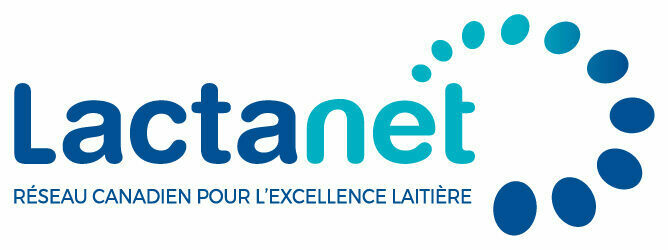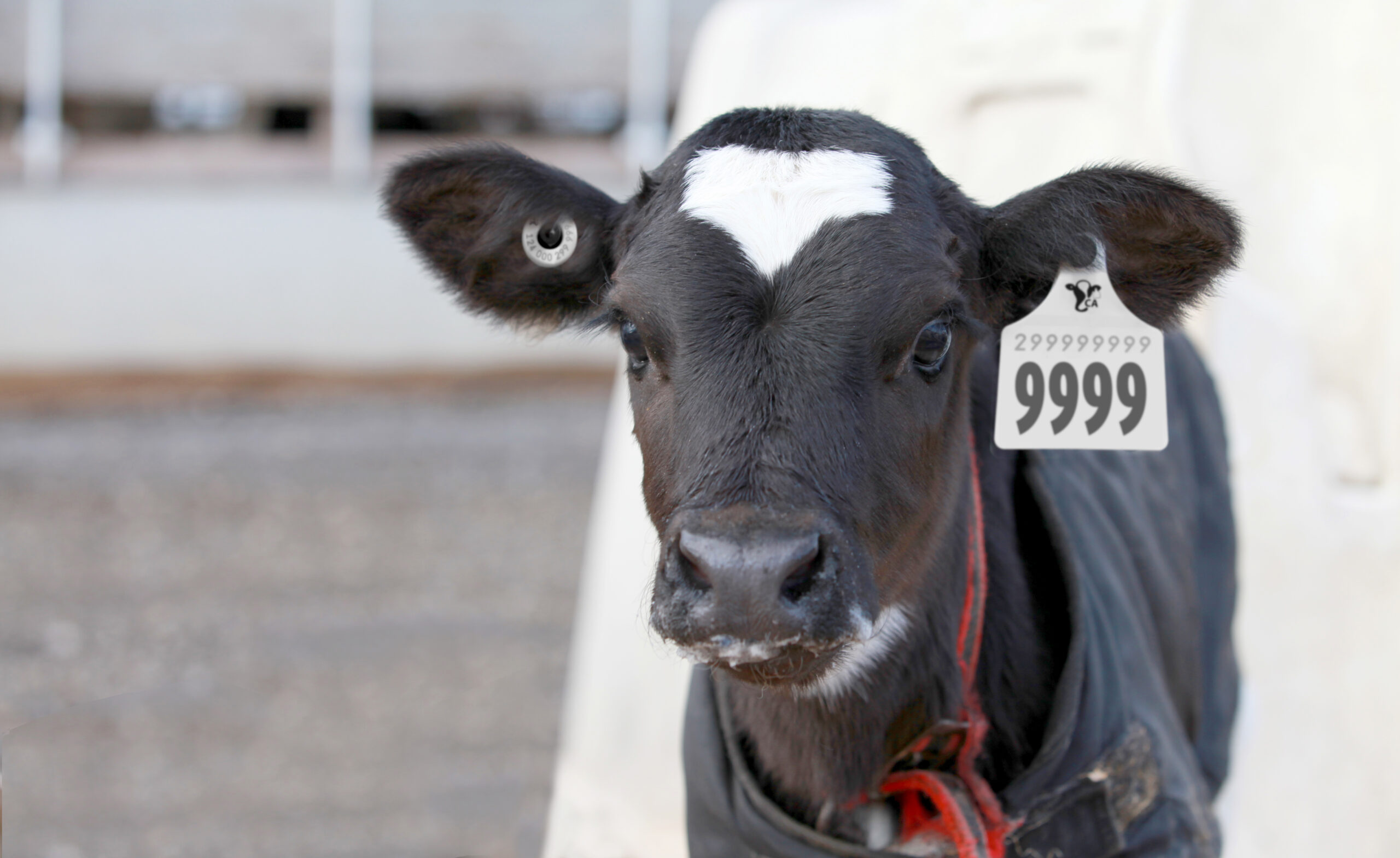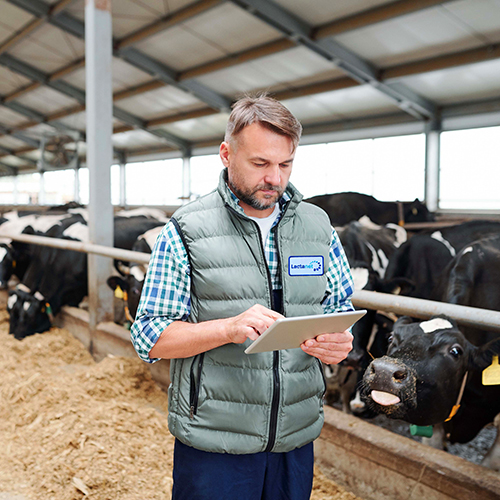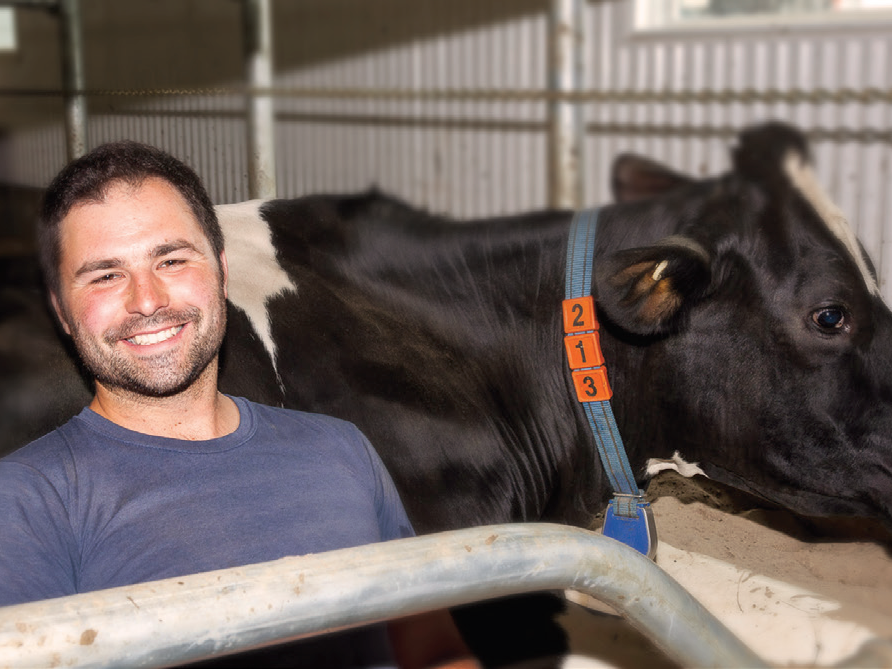A Look at Genomic Bulls Used in Canada
- October 7, 2022
The A.I. sector has seen a consistent use of semen from genomic young bulls which has accelerated the rate of genetic progress. To look at the national trends in the use of genomic bulls, Lactanet analyzed the number of young bulls with daughters in Canada between 2000 and 2019.

The total number of young bulls marketed in Canada has not significantly changed since 2002, averaging 422 (Figure 1). However, what has changed is the number of A.I. companies producing genomic bulls from their own breeding programs. Since the adoption of genomics, young bulls bred by A.I. companies have risen from 3% in 2011 to 42% in 2019. This is mainly due to the rise in A.I. company ownership of elite females that have produced the next generation of elite genomic bulls. Between 2014 and 2019, bulls bred by A.I. companies from an A.I. bred and owned dam increased from 34% to 52%. These statistics are based on prefixes that all major A.I. companies have introduced during the genomics era and do not include any prefixes for breeders that may have a close affiliation or agreement with a given A.I. company.
The percentage of bulls in A.I. that resulted from embryo transfer or manipulation is also on the rise, now surpassing 95% (Figure 1), mainly due to the increased adoption of new reproductive technologies such as in vitro fertilization (IVF).

Another trend in genomic young bulls is their increase in genetic merit. Figure 2 and Figure 3 show the average LPI and Pro$ of Holstein bulls marketed in Canada, respectively. Genomic bulls born in 2019 that now have daughters born in Canada currently have an average genetic merit of 3332 LPI and $2419 for Pro$. During the five years prior to the introduction of genomics in 2009, the average annual increase in the genetic merit of young bulls used in Canada was 84 LPI points and $189 for Pro$. For the first years after genomics was introduced, the average annual gain was the most rapid at 131 LPI points and $323 for Pro$. Since genomics has now been fully adopted, the average genetic level of young bulls used in Canada born in the most recent years has increased by an average of 124 LPI points and $280 Pro$ per year. This translates to an annual rate of gain in LPI and Pro$ that is 1.5 times faster than before genomics was introduced. We can therefore expect genomic bulls born this year will increase the average lifetime profit of their daughters by more than $280 compared to daughters of young bulls born in 2021 and by $560 compared to daughters of A.I. bulls born in 2020.


We are also seeing a rise in the number of young bulls with favourable genes such as A2 for beta casein. Since the introduction of genomics, the proportion of genomic bulls with an A2 genotype available has increased from roughly 50% for bulls born in 2010 to 98% for those born in 2019. More importantly, selection in favour of A2A2 bulls has gradually increased the frequency of this desired genotype among A.I. bulls marketed in Canada, which surpassed the 50% mark in recent years. The polled status is also now available for over 80% of these bulls and the frequency of polled sires among those used in Canada reached 13% for those born in 2019.
Summary
It is clear genomic young bulls will continue to be marketed in Canada and see significant usage due to their genetic superiority. As new strategies are taken by A.I. companies, including the ownership of females to source the next generation of elite genomic bulls, young sires of high genetic merit will continue to be offered to Canadian producers. In the most recent years, the year-over-year gain in the average genetic merit of young bulls used in Canada has been 124 LPI points and $280 for Pro$. This means that continued strong rates of genetic progress in the Canadian Holstein population can be expected in the future.












